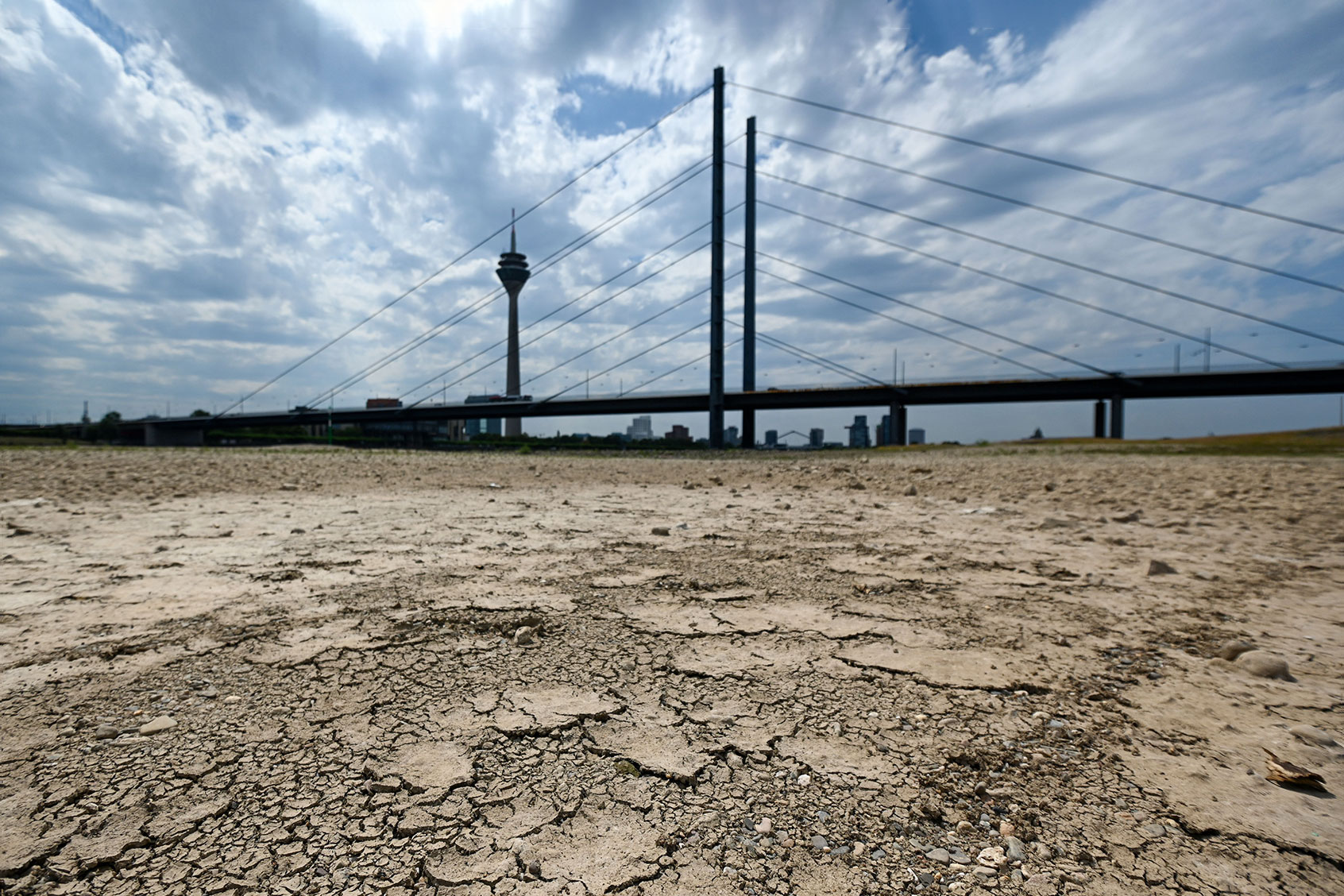Last year, Europe had its hottest summer on record. The soaring temperatures led to wildfires and evacuations in some regions, with initial data suggesting it caused nearly 20,00 deaths. Today, a new report published in the journal Nature Medicine estimates that number is closer to 61,672 people in Europe who perished from heat-related causes between May 30 and September 4, 2022. The researchers found that extreme heat disproportionately affected women and the elderly during the heatwave. Heat-related mortality was 63 percent higher in women than men. An estimated 4,822 deaths occurred among those under the age of 65 while nearly 37,000 deaths occurred among those over the age of 79.
To make their estimates, researchers obtained temperature and mortality data for the period 2015 to 2022 for 823 regions in 35 European countries to estimate heat-related mortality for each region and week of the summer period. The countries with the highest number of heat-related deaths over the entire summer were Italy (18,010 deaths), Spain (11,324) and Germany (8,173). Previously, the highest heat-related deaths in Europe happened during the summer of 2003 during a major heatwave. Over 70,000 excess deaths were recorded that summer.
"The fact that more than 61,600 people in Europe died of heat stress in the summer of 2022, even though, unlike in 2003, many countries already had active prevention plans in place, suggests that the adaptation strategies currently available may still be insufficient," Hicham Achebak, researcher and co-author of the study, said in a news release. "The acceleration of warming observed over the last ten years underlines the urgent need to reassess and substantially strengthen prevention plans, paying particular attention to the differences between European countries and regions, as well as the age and gender gaps, which currently mark the differences in vulnerability to heat." The news comes as high temperatures broke records multiple times last week, signifying that climate change will continue to make extreme heat the "new abnormal."


